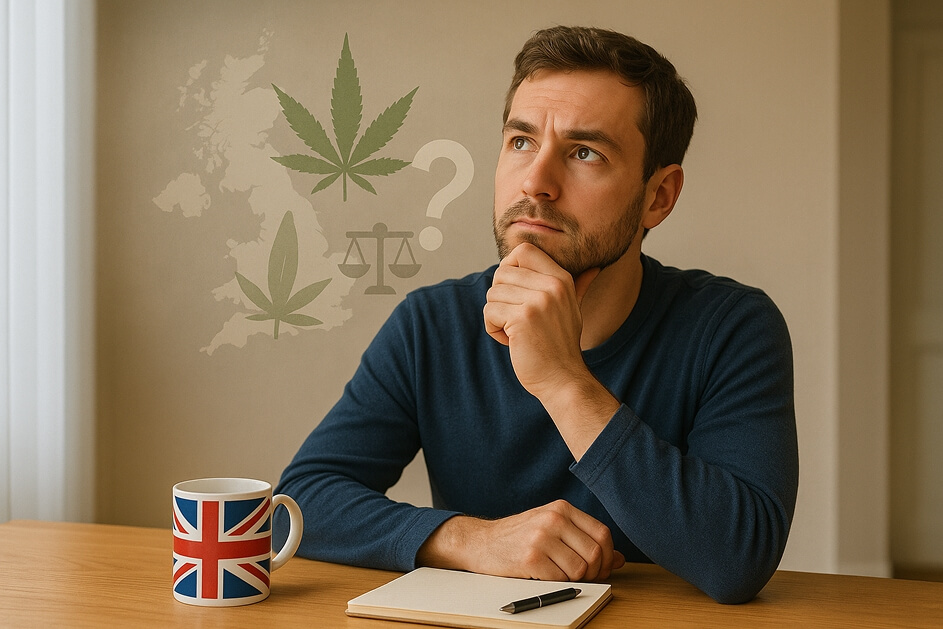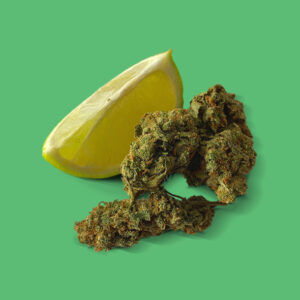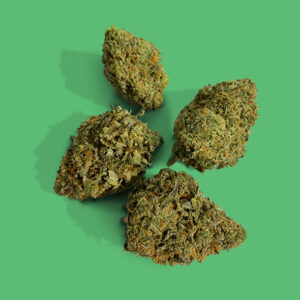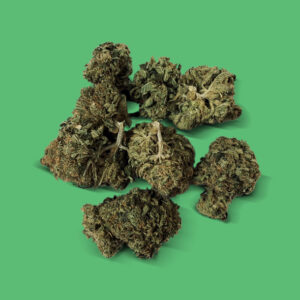Even though marijuana has become increasingly widespread recently, the attitude towards it is still ambiguous. There are many myths and prejudices associated with weed, which many people still believe. For example, many are interested in the question: Can weed kill you? This opinion is not unfounded because, like any other drug, cannabis has certain contraindications and negative effects. But are they so terrible? And can this be avoided? Let’s figure it out together.
How does marijuana affect your brain and body?
Short-term neurological effects
To understand how THC effects on brain, it is worth understanding the main effects of this substance. Short-term neurological effects include:
- decreased concentration and attention,
- difficulty remembering and learning,
- distorted perception of time,
- changes in coordination and motor skills,
- may enhance the senses of touch, smell, and taste,
- increased heart rate,
- increased appetite.
It is worth keeping in mind that these effects are short-lived. They can soon be eliminated if used irregularly.
Long-term cognitive and physical changes
Continuing with the topic of what does weed do to your brain, it is worth paying attention to its long-term effects. In particular, some studies show that regular marijuana use during adolescence, when the brain is still developing, can lead to impaired learning, memory, and impulse control. However, such effects are observed in those who consume cannabis in high doses and too often. Accordingly, if you follow the permitted limits, such negative consequences can be avoided.
Potential benefits and legal use of cannabis in the UK
Cannabis-based medicines approved in the UK
Of course, marijuana consumption is not always harmful. On the contrary, when used correctly, it can have a number of therapeutic properties. These properties have been studied by specialists, and as a result, various medicinal properties have been produced. For example, drugs such as Epidiolex, which is used for severe epilepsy, and Sativex for muscle spasticity associated with multiple sclerosis, are approved in the UK. In addition, Nabilone can be prescribed for nausea and vomiting caused by chemotherapy.
Medicinal, recreational and recreational use
The use of marijuana for medical and recreational purposes is due to the properties that this substance has. In particular, its moderate and competent use can lead to the following positive results:
- lowering blood pressure in some users,
- relief of inflammation,
- reduction of pain, including chronic pain,
- preventing relapses of drug and alcohol addiction,
- treating anxiety disorders,
- relieving stress and anxiety,
- preventing seizures.
This is where the benefits of weed come in. That is why it is actively used, since it does not bring only negative effects, as some believe.
Can you eat weed? Your guide to cannabis products
Raw marijuana versus carbohydrate-free edibles
Can you eat weed so that you do not consume it through standard smoking? Yes, but you should choose the appropriate form of consumption for this. Raw marijuana has potential medicinal properties, but it is not recommended to consume it in this form. It is best to choose a variety of edible products that contain the active ingredient of cannabis, CBD or THC.
Popular edible formats
Today, the market offers a variety of edible products that contain cannabis. This can be aromatic baked goods, various sweets, candies and gummies, chocolate and all kinds of drinks. When making your choice, it is worth giving preference to personal tastes, and also paying attention to the effects that are presented in different products.
Tips for safe dosing
What do edibles do to you? With the help of such edibles, you can get the same effects as when smoking marijuana. That is why you should consume them sensibly, observing the permitted dosages, and not overdo it. As a rule, the manufacturer indicates the dosage on the packaging, and it may vary depending on the form of release. Pay attention to such instructions, which should be strictly followed.
Is weed addictive? Understanding addiction
Tolerance vs. Addiction
Regular marijuana use can lead to dependence and addiction. But is weed addictive in all cases and for all users? Of course, it is not.
Cannabis tolerance and dependence, although related, are different concepts. Tolerance is the need to increase the amount of cannabis consumed to experience the desired effect. Addiction is considered to be a whole cycle of compulsive cannabis use and cravings. Simply put, tolerance is a biological adaptation to cannabis use, while addiction is a behavioural and psychological pattern.
Debunking the overdose myth: why a fatal cannabis overdose is almost impossible
THC pharmacology and lethal doses
Of course, overdosing on marijuana, like any other psychoactive substance, is quite possible. But reaching a lethal dose that can lead to death is almost impossible. To do this, you will have to consume too much THC, which is simply unrealistic for a person.
You should be very wary of consuming food products with THC, as they can be more concentrated, but still tasty and enjoyable to consume. But still, the concentration here is such that you will have to consume a very large amount of the product to get a lethal dose.
Nevertheless, you should always monitor the amount of cannabis and products containing it that you consume. A reasonable and moderate approach is the main thing to stick to. In this case, you will only get positive effects, but will not become addicted and will not have a negative impact on your body.





